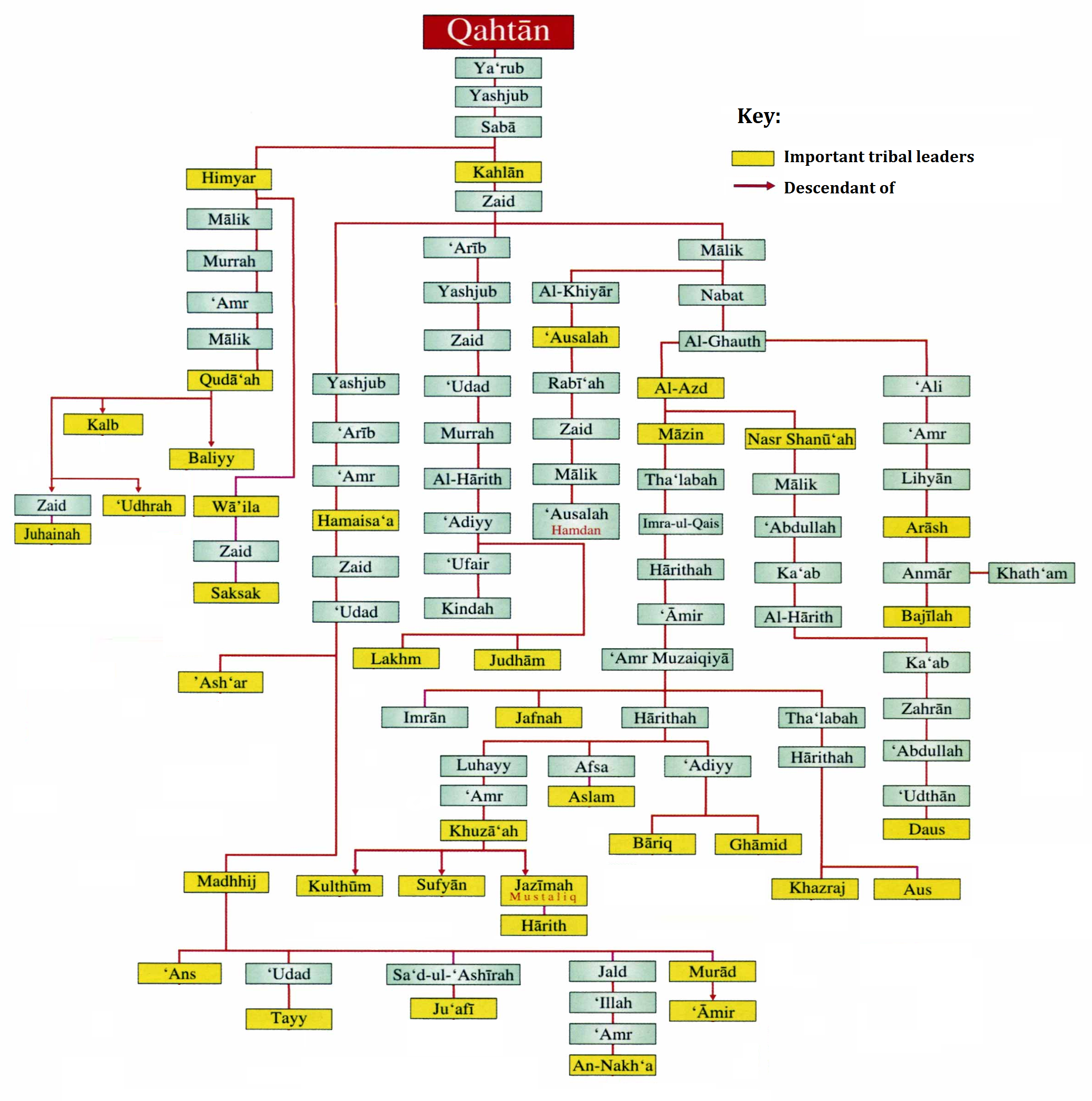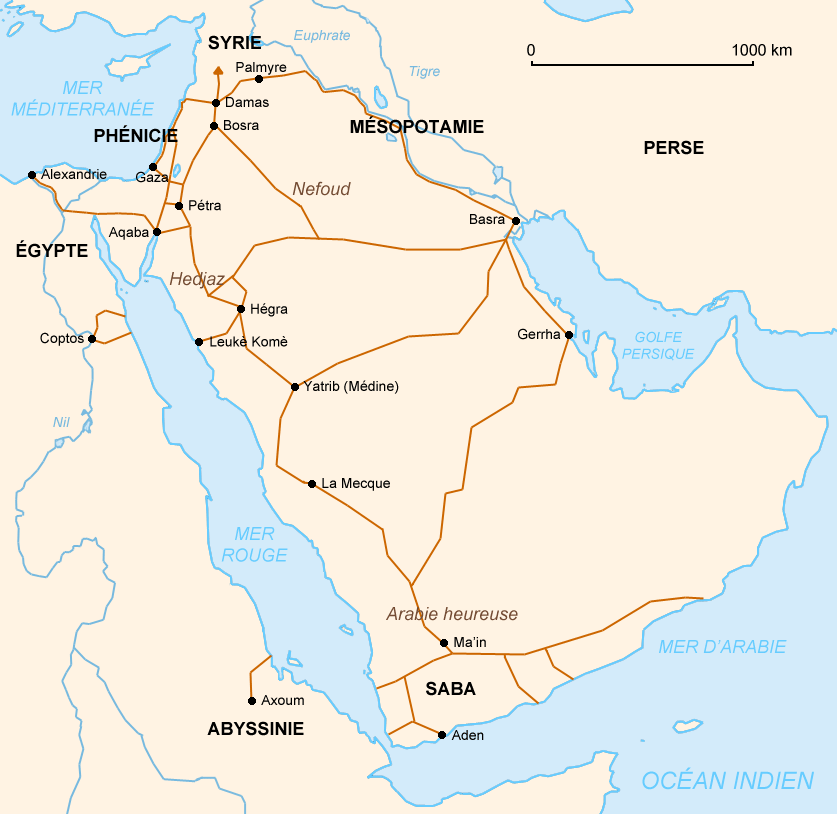|
Unified Political Command
A Unified Political Command ( ar, قيادة سياسية موحدة, ''qiyāda siyāsiyya muwaḥḥada''), also translated as ''Joint Political Command'' or ''Unified Political Leadership'', was agreed in 1964 between the presidents of Egypt and Iraq ( Gamal Abdel Nasser and Abdul Salam Arif) as well as between the presidents of Egypt and North Yemen (Nasser and Abdullah as-Sallal). Both projects were parallel but not linked with each other. The ''Unified Political Command'' was meant as a kind of transitional government which should prepare the gradual merger of Iraq with Egypt and North Yemen with Egypt in a new United Arab Republic. Egypt and Iraq Therefore, on 26 May 1964 Nasser and Arif agreed to form a joint Presidential Council and a Unified Political Command on 16 October 1964. This Unified Command was established on 20 December 1964 and did include the prime ministers of Egypt and Iraq as well as the ministers of economical and financial affairs and social planning of ... [...More Info...] [...Related Items...] OR: [Wikipedia] [Google] [Baidu] |
Nasser Chrustschow Arif Sallal 1964 Nil
Gamal Abdel Nasser Hussein, . (15 January 1918 – 28 September 1970) was an Egyptian politician who served as the second president of Egypt from 1954 until his death in 1970. Nasser led the Egyptian revolution of 1952 and introduced far-reaching land reforms the following year. Following a 1954 attempt on his life by a Muslim Brotherhood member, he cracked down on the organization, put President Mohamed Naguib under house arrest and assumed executive office. He was formally elected president in June 1956. Nasser's popularity in Egypt and the Arab world skyrocketed after his nationalization of the Suez Canal Company and his political victory in the subsequent Suez Crisis, known in Egypt as the ''Tripartite Aggression''. Calls for pan-Arab unity under his leadership increased, culminating with the formation of the United Arab Republic with Syria from 1958 to 1961. In 1962, Nasser began a series of major socialist measures and modernization reforms in Egypt. Despite setbacks ... [...More Info...] [...Related Items...] OR: [Wikipedia] [Google] [Baidu] |
Anwar Sadat
Muhammad Anwar el-Sadat, (25 December 1918 – 6 October 1981) was an Egyptian politician and military officer who served as the third president of Egypt, from 15 October 1970 until his assassination by fundamentalist army officers on 6 October 1981. Sadat was a senior member of the Free Officers who overthrew King Farouk in the Egyptian Revolution of 1952, and a close confidant of President Gamal Abdel Nasser, under whom he served as Vice President twice and whom he succeeded as president in 1970. In 1978, Sadat and Menachem Begin, Prime Minister of Israel, signed a peace treaty in cooperation with United States President Jimmy Carter, for which they were recognized with the Nobel Peace Prize. In his eleven years as president, he changed Egypt's trajectory, departing from many of the political and economic tenets of Nasserism, re-instituting a multi-party system, and launching the Infitah economic policy. As President, he led Egypt in the Yom Kippur War of 1973 to r ... [...More Info...] [...Related Items...] OR: [Wikipedia] [Google] [Baidu] |
Pan-Arabism
Pan-Arabism ( ar, الوحدة العربية or ) is an ideology that espouses the unification of the countries of North Africa and Western Asia from the Atlantic Ocean to the Arabian Sea, which is referred to as the Arab world. It is closely connected to Arab nationalism, which asserts the view that the Arabs constitute a single nation. Its popularity reached its height during the 1950s and 1960s. Advocates of pan-Arabism have often espoused socialist principles and strongly opposed Western political involvement in the Arab world. It also sought to empower Arab states against outside forces by forming alliances and, to a lesser extent, economic co-operation. Origins and development The origins of pan-Arabism are often attributed to Jurji Zaydan (1861–1914) and his Nahda (Revival) movement. He was one of the first intellectuals to espouse pan-Arabism as a cultural nationalist force. Zaydan had critical influence on acceptance of a modernized version of the Quranic Arabic la ... [...More Info...] [...Related Items...] OR: [Wikipedia] [Google] [Baidu] |
Former Confederations
A former is an object, such as a template, gauge or cutting die, which is used to form something such as a boat's hull. Typically, a former gives shape to a structure that may have complex curvature. A former may become an integral part of the finished structure, as in an aircraft fuselage, or it may be removable, being using in the construction process and then discarded or re-used. Aircraft formers Formers are used in the construction of aircraft fuselage, of which a typical fuselage has a series from the nose to the empennage, typically perpendicular to the longitudinal axis of the aircraft. The primary purpose of formers is to establish the shape of the fuselage and reduce the column length of stringers to prevent instability. Formers are typically attached to longerons, which support the skin of the aircraft. The "former-and-longeron" technique (also called stations and stringers) was adopted from boat construction, and was typical of light aircraft built until the adv ... [...More Info...] [...Related Items...] OR: [Wikipedia] [Google] [Baidu] |
Egypt–Iraq Relations
Egypt–Iraq relations are foreign relations between Egypt and Iraq. Iraq's relations with the Arab world have been extremely varied. The relationship between Iraq and Egypt soured in 1977 when the two nations broke relations with each other following Egypt's peace accords with Israel. In 1978, Baghdad hosted an Arab League summit that condemned and ostracized Egypt for accepting the Camp David accords. However, Egypt's strong material and diplomatic support for Iraq in its war with Iran led to warmer relations and numerous contacts between senior officials, despite the continued absence of ambassadorial-level representation. Since 1983, Iraq has repeatedly called for the restoration of Egypt's "natural role" among Arab countries. In January 1984, Iraq successfully led Arab efforts within the OIC to restore Egypt's membership. However, Egypt–Iraq relations were broken in 1990 after Egypt joined the UN coalition that forced Iraq out of Kuwait. Relations have steadily improved in ... [...More Info...] [...Related Items...] OR: [Wikipedia] [Google] [Baidu] |
Arab Socialist Union
The Arab Socialist Union may refer to: *Arab Socialist Union (Egypt), active 1962–78 *Arab Socialist Union (Iraq), active 1964–68 *Libyan Arab Socialist Union, active 1971−77 *Arab Socialist Union Party (Syria), founded in 1973 *Democratic Arab Socialist Union (Syria), founded in 1980 See also *Socialist Union (other) Socialist Union may refer to: * Arab Socialist Union (other), several organizations * People's Socialist Union, an Ivorian political party based in London, founded in 1996 * Socialist Union of America, a Trotskyist group active from 1954 ... * Unified Political Command {{disambig ... [...More Info...] [...Related Items...] OR: [Wikipedia] [Google] [Baidu] |
Arab Nationalism In Yemen
The Arabs (singular: Arab; singular ar, عَرَبِيٌّ, DIN 31635: , , plural ar, عَرَب, DIN 31635: , Arabic pronunciation: ), also known as the Arab people, are an ethnic group mainly inhabiting the Arab world in Western Asia, North Africa, the Horn of Africa, and the western Indian Ocean islands (including the Comoros). An Arab diaspora is also present around the world in significant numbers, most notably in the Americas, Western Europe, Turkey, Indonesia, and Iran. In modern usage, the term "Arab" tends to refer to those who both carry that ethnic identity and speak Arabic as their native language. This contrasts with the narrower traditional definition, which refers to the descendants of the tribes of Arabia. The religion of Islam was developed in Arabia, and Classical Arabic serves as the language of Islamic literature. 93 percent of Arabs are Muslims (the remainder consisted mostly of Arab Christians), while Arab Muslims are only 20 percent of the global Musl ... [...More Info...] [...Related Items...] OR: [Wikipedia] [Google] [Baidu] |
Arab Nationalism In Syria
The Arabs (singular: Arab; singular ar, عَرَبِيٌّ, DIN 31635: , , plural ar, عَرَب, DIN 31635: , Arabic pronunciation: ), also known as the Arab people, are an ethnic group mainly inhabiting the Arab world in Western Asia, North Africa, the Horn of Africa, and the western Indian Ocean islands (including the Comoros). An Arab diaspora is also present around the world in significant numbers, most notably in the Americas, Western Europe, Turkey, Indonesia, and Iran. In modern usage, the term "Arab" tends to refer to those who both carry that ethnic identity and speak Arabic as their native language. This contrasts with the narrower traditional definition, which refers to the descendants of the tribes of Arabia. The religion of Islam was developed in Arabia, and Classical Arabic serves as the language of Islamic literature. 93 percent of Arabs are Muslims (the remainder consisted mostly of Arab Christians), while Arab Muslims are only 20 percent of the global Musl ... [...More Info...] [...Related Items...] OR: [Wikipedia] [Google] [Baidu] |
Arab Nationalism In Iraq
The Arabs (singular: Arab; singular ar, عَرَبِيٌّ, DIN 31635: , , plural ar, عَرَب, DIN 31635: , Arabic pronunciation: ), also known as the Arab people, are an ethnic group mainly inhabiting the Arab world in Western Asia, North Africa, the Horn of Africa, and the western Indian Ocean islands (including the Comoros). An Arab diaspora is also present around the world in significant numbers, most notably in the Americas, Western Europe, Turkey, Indonesia, and Iran. In modern usage, the term "Arab" tends to refer to those who both carry that ethnic identity and speak Arabic as their native language. This contrasts with the narrower traditional definition, which refers to the descendants of the tribes of Arabia. The religion of Islam was developed in Arabia, and Classical Arabic serves as the language of Islamic literature. 93 percent of Arabs are Muslims (the remainder consisted mostly of Arab Christians), while Arab Muslims are only 20 percent of the global Musl ... [...More Info...] [...Related Items...] OR: [Wikipedia] [Google] [Baidu] |
Arab Nationalism In Egypt
The Arabs (singular: Arab; singular ar, عَرَبِيٌّ, DIN 31635: , , plural ar, عَرَب, DIN 31635: , Arabic pronunciation: ), also known as the Arab people, are an ethnic group mainly inhabiting the Arab world in Western Asia, North Africa, the Horn of Africa, and the western Indian Ocean islands (including the Comoros). An Arab diaspora is also present around the world in significant numbers, most notably in the Americas, Western Europe, Turkey, Indonesia, and Iran. In modern usage, the term "Arab" tends to refer to those who both carry that ethnic identity and speak Arabic as their native language. This contrasts with the narrower traditional definition, which refers to the descendants of the tribes of Arabia. The religion of Islam was developed in Arabia, and Classical Arabic serves as the language of Islamic literature. 93 percent of Arabs are Muslims (the remainder consisted mostly of Arab Christians), while Arab Muslims are only 20 percent of the globa ... [...More Info...] [...Related Items...] OR: [Wikipedia] [Google] [Baidu] |
Robin Leonard Bidwell
Robin ''("Rob")'' Leonard Bidwell (25 August 1927 or 1929 in St Giles, London – 1994 in Coney Weston or Bury St Edmunds) was an English orientalist and author. He published many books about Yemen and Arabia as well as about French and British colonial history. After education at Stonyhurst College, Downside School and Pembroke College, Cambridge, he was sent as Intelligence Corps sergeant to the Suez Canal Zone. From 1955 to 1959 he served as Political officer in Western Aden Protectorate in the hinterland of present-day Yemen. Thereafter as Oxford University Press travelling editor for the Middle East he visited all Middle East and North African countries. In 1965 he returned to Cambridge University , mottoeng = Literal: From here, light and sacred draughts. Non literal: From this place, we gain enlightenment and precious knowledge. , established = , other_name = The Chancellor, Masters and Schola ... where he earned his PhD in 1 ... [...More Info...] [...Related Items...] OR: [Wikipedia] [Google] [Baidu] |







